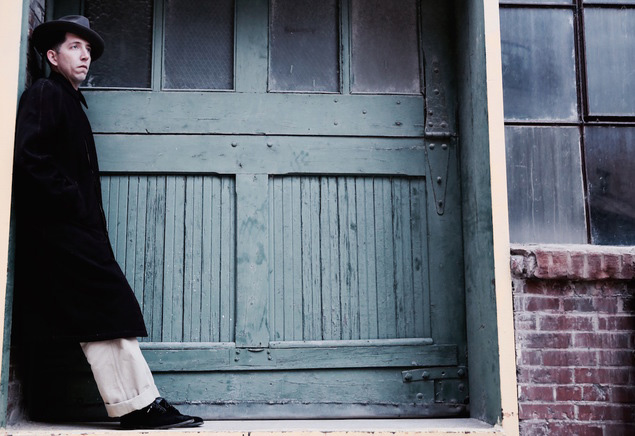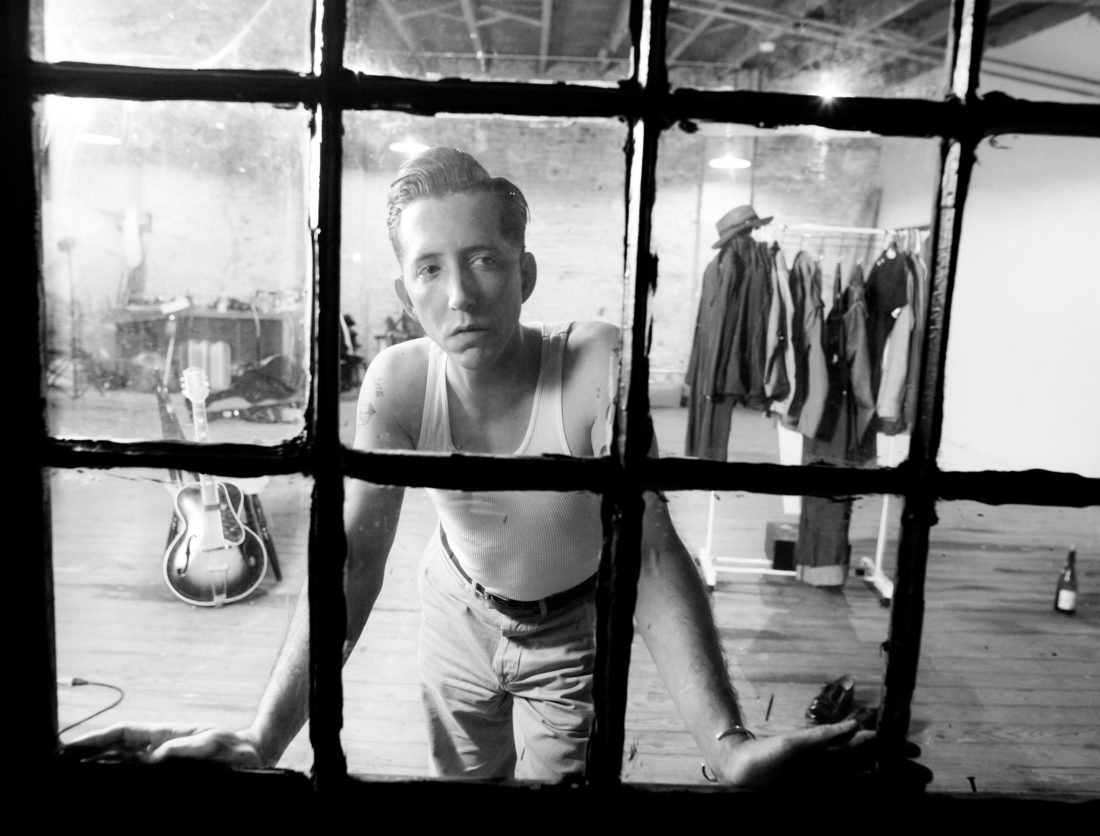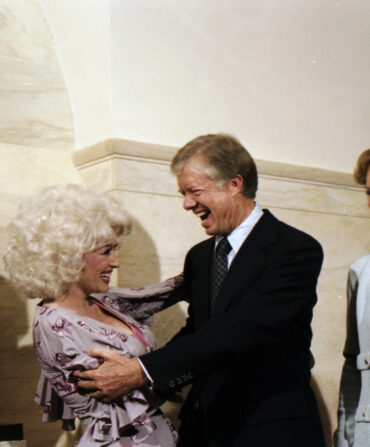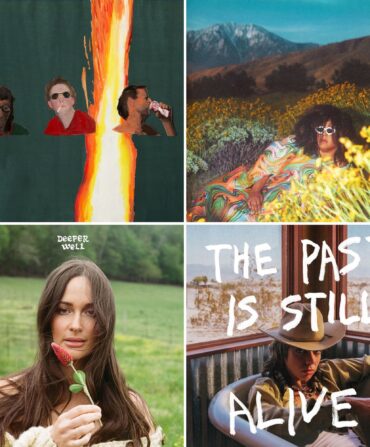Over the course of his twelve-year career, Pokey LaFarge has become one of the most esteemed purveyors of American roots music, a dynamic showman with a keen sense of a groove and the ability to spin old-time sounds into his own distinct mix. But on his eighth studio album, Manic Revelations, the 33-year-old LaFarge and his band have steered their sonic palette toward Memphis soul with a funk-fueled rhythm, shiny, uplifting horns, and more socially conscious lyrics. Before leaving on a summer long tour (which hits the South with a run of dates starting June 22 in Nashville) and on a break from finishing renovations to his home in St. Louis, Missouri—his dad just helped him build a fence—LaFarge spoke with Garden & Gun about the album, the road, and bar fights.

Nate Burrell
You recorded this album at a studio down the street from where you live. How did that affect the music?
We’ve done so much touring that we decided to cap the dates at sixty for 2016, and we didn’t want to leave to record for another two months. We were able to walk to and from the studio, so morale was high and we never had any real disagreements. Everyone was feeling good. I don’t want to say it’s a St. Louis record, but it’s a record with St. Louis expression.
The record has some more topical lyrics than previous albums.
Yeah, I wanted to tap into the state of mind of the country, this region, and this city. But they’re songs that also touch on the noise I feel in my mind from social media, the news—doomsday this, doom and gloom that. There’s enough anger in the world, and I like to sing sad songs sometimes. To me, I like to use that as a foundation. I don’t interject an opinion as much as tell a story.
The opening track, “Riot in the Streets,” definitely sets the mood, touching on the Mike Brown shooting in 2014.
I had written some initial lyrics, but then rewrote them twice to figure out what I was trying to say. But it’s not a protest song. I’m not a protest singer. I’ve pissed off people who are super-liberal and pissed off people who are super-conservative, so as far as I’m concerned, I’m doing something right. The songs “Silent Movie” and “Bad Dreams” to me are also a response to the landscape that we live in. There’s some escapism involved. You have to have an outlet.
You’re about to head out on tour in support of your eighth album. Do you approach a tour differently now?
Well, in those days we were sleeping in the van after the show, playing dive bars for ten people and eating jalapeño poppers for dinner. Now, there’s a bus and hotels. But what’s the same is that there’s still as much desperation involved—fighting for your job, fighting for your artistic relevance, fighting to be heard, and validating your existence, which is a daily battle. But we’re happy as hell. We love each other and are super excited to play these songs for people.
The video for your song “Must Be a Reason” was filmed around your neighborhood and shows you getting into a bar fight over an estranged lover. Have you ever been in a liquor-fueled brawl?
I can’t remember if I started or finished it, but I’ve got the scars. I haven’t been in one in a while. I got all of that partying out of my system.







